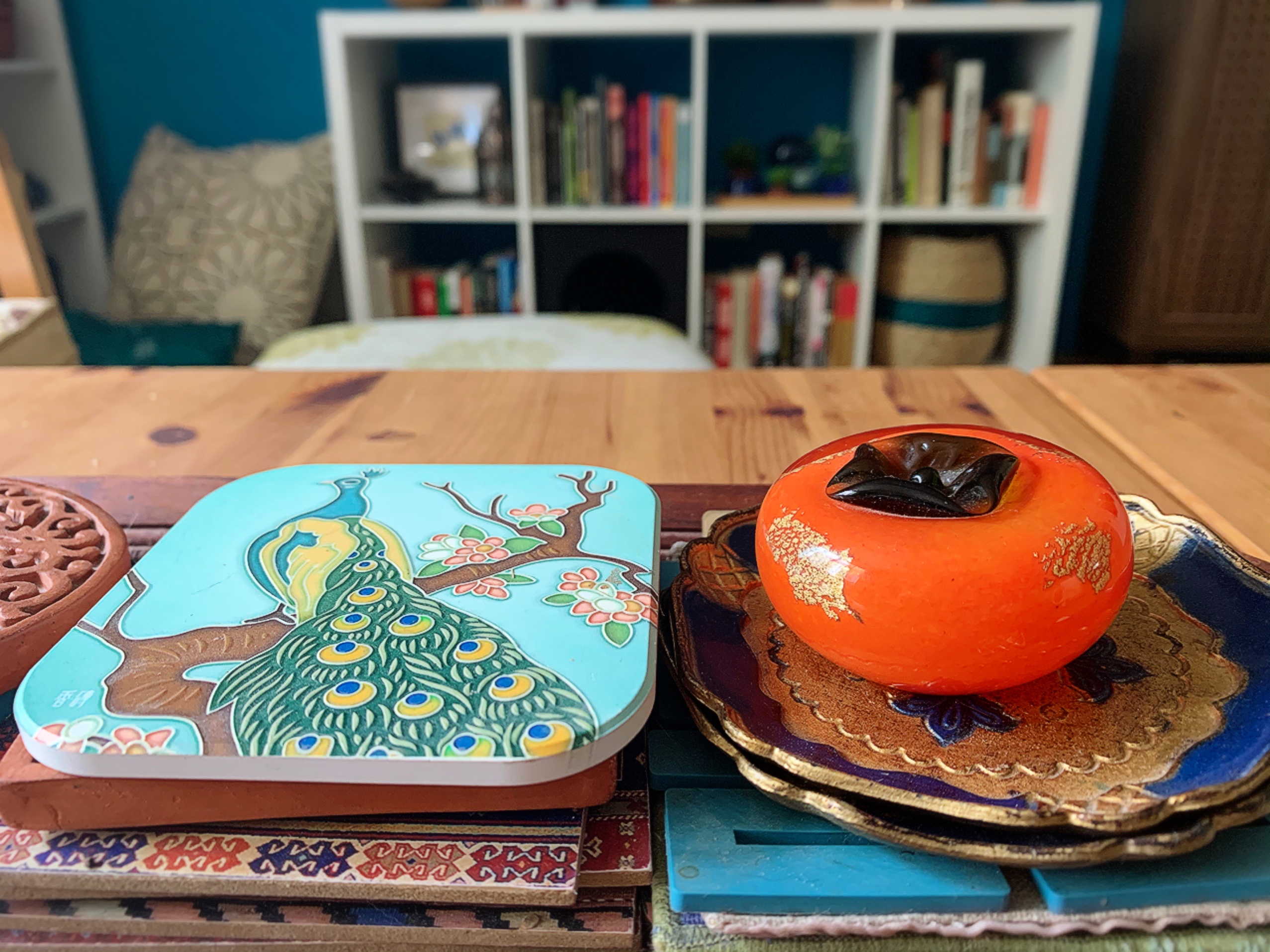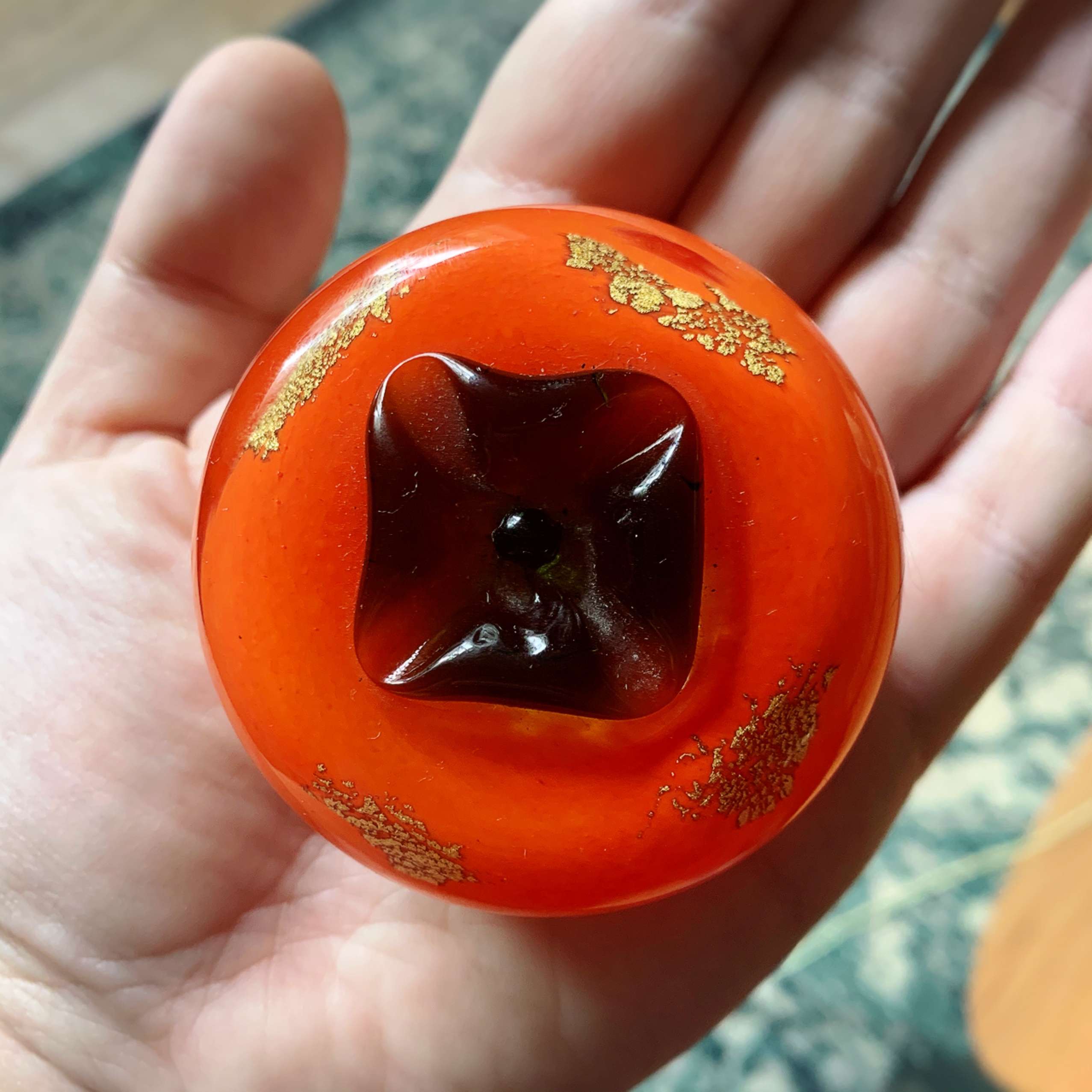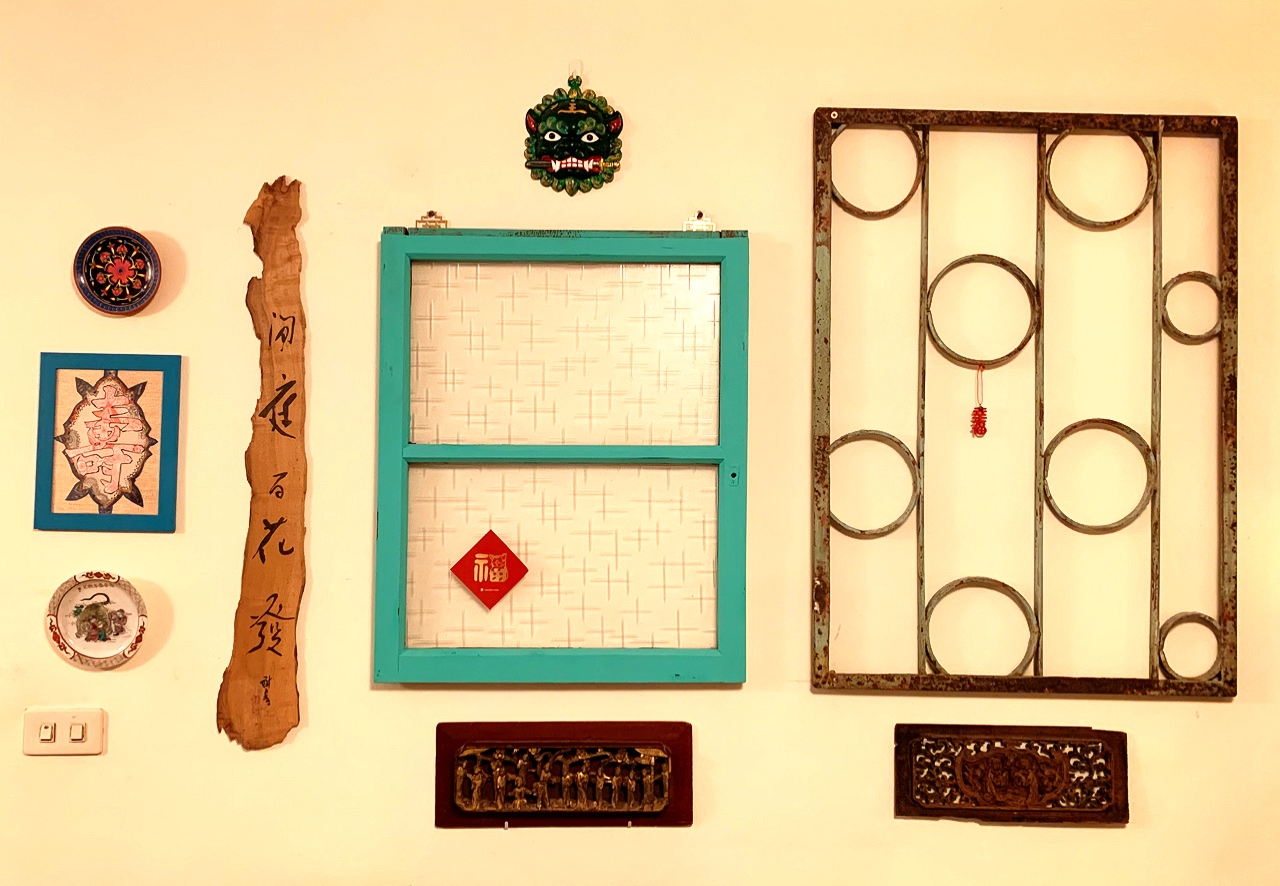 |
| Does this mean...I'm Wesley? |
I had always imagined that, living on an island, I'd feel trapped if disaster struck. There are no borders to cross, only open sea. I know it's not a reasonable worry: land borders can also be treacherous, but knowing your only options are a plane or a boat (and probably not even a boat) rather than a truck, car or your own two feet can honestly induce claustrophobia.
So, while the world around us seems like it's collapsing, I'm surprised by how wrong I was in predicting my own feelings about island life in a global catastrophe. Thanks to Taiwan's pre-emptive, centrally-planned and intelligent response to the COVID-19 pandemic, I feel like I'm living in an island of safety, calm and normalcy in a world gone mad.
I am not terribly concerned that Taiwan will be felled by COVID itself. Even if there is a spike in cases, the time the country bought itself through a strong, early and professional response will be priceless: it is time Taiwan has had to prepare for that potentiality, and considering how they've treated the issue so far, we can be fairly sure they've been using it wisely.
People are doing their part too - for every anecdote I hear about someone not practicing good pandemic hygiene, I see 20 people who do.
Of course, my confidence extends only to health. I worry quite a bit about the economic backlash. We have enough savings to weather a brief storm, or even a somewhat-prolonged quarantine, but what about an interminable economic crisis? A lot of my clients are businesses, and when the economic crash really hits, the first thing they're going to cut is English training. My teacher training work might see an uptick, but it's honestly hard to say.
Let's not think too much about that, though. There is literally nothing I can do about it except spend less on non-essentials. Once it was clear that climate change was real, I never expected the second half of my life to be easy anyway.
So, what has Taiwan been doing right? I won't write out a whole list because there are lots of places where you can read about that: see here, here, here and here. Suffice it to say, a large component of Taiwan's response has been data collection and public regulation. Most notably, for certain people quarantines are mandatory, and everyone that person had been in contact with might also be asked (or required) to quarantine. Quarantined individuals have their phones tracked and are notified if the government can see there is a violation. The CDC calls them every day (though this is a lot friendlier than it sounds). Isolated people report their temperature online once a day. All face mask production lines were bought up (in essence, expropriated) by the government, and masks are now rationed. Huge amounts of personal health data - including masks purchased - is tracked on National Health Insurance cards. Some public transportation, including all Kuo-kuang buses and all airport MRT trains - require face masks.
This gives the government a massive amount of data to work with, which has some fantastic benefits. There is an app (which is a bit difficult for foreigners to use) that can track which pharmacies will have masks, how many, and when. Apparently one can now pre-order masks. Potential disease vectors are swiftly located and locked down to prevent transmission.
Watching the news from the US right now, where the response seems to be to run out in the street screaming and flailing one's arms, it sure feels like they could learn a lot from the way Taiwan has handled this, starting with universal health coverage.
On the other hand, I have to wonder how much of this Americans would realistically put up with. The scale of data collection really is astounding. If you are identified as a risk, you lose a lot of personal freedom - both in terms of data privacy and freedom of movement. It is, to be honest, a lot to ask.
This is the point at which a different writer might start waxing rhapsodic about Confucian societies and collectivism and the people are more willing to submit to authority because 5,000 years or...something like that.
I won't.
This is a country where people set their sights on overthrowing a dictatorship and succeeded. Where protests are practically a hobby and producing protest gear a side hustle for many. Where your average person would be pretty upset if they couldn't day drink under their favorite temple awning (or in front of their favorite convenience store). Where an entire generation of people under 40 defied their elders by voting for same-sex marriage. There's no Confucian about it and I'm sick of the trope.
Instead, I'll say this: as an American, I'm fine with the level of intrusion into my personal life and willing to give up the data. I suspect - though don't know - that most Taiwanese are too. Not because of some 'different, exotic Asian values' fake East-West divide (a divide that online trolls really seem to push, which is how you know it's fake).
Rather, most Taiwanese are okay with Big Government right now because this particular circumstance is a true emergency, because they know that this particular data is useful and important for a centrally-coordinated response to work, and because they trust this particular government.
While we can heave a sigh of relief that this government was re-elected (for a peek into how a Han administration would have handled it, you need only look at Trump's non-response), unfortunately, this perspective doesn't offer many solutions for what to do when you don't trust the government. I don't often agree with libertarians but they're right about this: you only want the government to have as much power as you'd be comfortable with them having if you didn't trust the people in charge, because eventually, someone you don't trust will get elected.
In other words, I'll give this information (and power) to Tsai Ing-wen. I would never be happy to give it to Donald Trump. Or Han Kuo-yu. Would you want either of them at the helm of a government that has just taken sole control of key medical supplies? Would you want either of their administrations insisting they had the right to track your location?
All that data, though, has kept Taiwan feeling more like a cozy ark on a rising flood, rather than a prison from which there is no escape. And perhaps, considering that dictatorship existed in Taiwan in living memory so they know the difference between authoritarianism and a centrally-planned response, maybe we should take their word for it that government data collection for this purpose is acceptable?
So what's happening beyond the rough seas? Between many Western countries' totally botched responses - including a massive failure to test leading to rapid, undetected community transmission - and China's repeated cover-ups and lack of reliable data, there is fertile soil for misinformation and fake narratives to take root.
I had opined, when this all began, that such an obvious and self-evidential failure and clear, documentable cover-up on the part of the CCP might just offer up a silver lining: that the CCP itself would fall. That the systemic failure would be so inescapable that they would not be able to control the narrative. I figured it would be so undeniably true to anyone with working brain that China did not "buy time" for the world, but rather that the CCP's initial cover-up is what caused the disease to go pandemic in the first place, that something would possibly - maybe - give to loosen the grip of that brutal dictatorship on a country that absolutely deserves better.
For a brief period, it seemed that the world might just hold the Chinese government to account for this, or at least report clearly on who was to blame - not China or the Chinese people, but the CCP.
But even before the US botched its response by completely failing to prepare, one could watch the narrative change almost in real time.
First, the media started saying that China "bought time" for the rest of the world, how its "decisive" and "bold" response - note the adjectives used instead of the more appropriate draconian and inhumane - saved lives, how it "acted quickly" (see here, here, here, here and here).
I thought when I hate-read these pieces that, yes, dragging screaming people into their homes and boarding the doors is, I suppose, bold in a sense. But are we really all pretending that the initial cover-up which is directly responsible for the pandemic going global in the first place just...never happened? Are we truly allowing COVID-19's origin story to be re-written so easily?
I'm not the only one who's noticed, fortunately.
Watching 🇨🇳 mishandling COVID19 disappearing down the memory hole is quite something. Arresting doctors, ignoring warnings, suppressing information during the provincial party congress. Weeks of inaction. All vanishing and replaced with 🇨🇳 decisiveness and success. https://t.co/X8IOi4kBTD— mhar4 須平心再想。 (@mhar4) March 14, 2020
Of course, it's difficult to argue now that the US or Europe could have done better, as they have now both failed so spectacularly. The difference, of course, is that in a liberal democracy you can say so without getting shot, and theoretically can put better people in office next time.
I can empathize, however, with people whose governments did too little thinking that maybe the government that did too much - and now claims that cases are in decline - had the right of it. Even if that sentiment ignores the facts. Even if you are in essence saying "it would be acceptable to drag my screaming neighbor into their house, padlock the door and walk away with the key. It would be acceptable to do that to me, too."
These are the same people who think it's un-American to even ask them not to gather in crowds. Do they think China couldn't possibly be as bad as it actually is, or that it's OK to do that to others but "it would never happen to me" or...do they just use the cognitive dissonance like a white noise machine to help them sleep at night? I truly don't know.
 |
| Neither of these are good! |
It doesn't help that the facts are hard to come by. It's honestly surprising to me how many people understand that the US has no idea how many COVID-19 cases currently exist within its borders, but actually believe the numbers from China, despite China's clear history of lying about them. Now people are saying cases in China are on the decline, but can we really trust that, when nothing the CCP has said since the initial cover-up can be trusted? I don't, and you shouldn't either.
The CCP understands this better than anything: in the absence of trustworthy data, you can make up your own lore.
While all of this has been going on, there's been an ongoing discussion of whether calling COVID-19 "Wuhan Pneumonia" or anything relating to its place of origin is racist, as these viruses can originate anywhere. I don't know that changing a disease's name can really combat racism, but it almost doesn't matter. I'm not qualified to say whether referring to Wuhan in the disease's name is, indeed, racist - totally not my lane. I don't use it - it's too long and seems unnecessary. Holding the CCP to account and not treating people in racist ways both seem like more important things to worry about than exercising my 'right' to call a disease by a common name.
But I will note that in Taiwan it's called 武漢肺炎 (that is, Wuhan Pneumonia) in Mandarin. It's slightly amusing to me that the CCP insists that Taiwan is a part of China, but also that calling COVID-19 "Wuhan Pneumonia" is racist...against Chinese. By that logic, Chinese people are racist against themselves.
Anyway, I've noticed a particularly bit of nasty ret-conning on the English front too.
I support a general push not to stigmatize people by using place names in disease names going forward, but there seem to be a lot of gullible people who now think we've never called diseases that in the past, so "Wuhan Pneumonia" is a unique example of racism on this front. Of course, those same people will still use disease names like Ebola, Nipah, Zika, Marburg and MERS.
Don't laugh - I saw someone arguing that "we've never named diseases after places!" under a chart that included all of the above. So I suppose I consider users of the term "Wuhan Pneumonia" exactly as racist as I would consider users of the terms "Ebola" and "MERS".
It's been disconcerting to watch how the CCP propaganda machine has taken advantage of this confusion.
First, insisting that its response was appropriate and effective. Then, trying to tell the world (and their own people) that we should be grateful. Then, getting behind a call to label everyone saying "Wuhan Pneumonia" racist moving to a general call not to "blame China" (which, of course, runs in tandem with labeling all blaming of the CCP "blaming China" and therefore "racist"). And now, we've got CCP officials spreading rumors that the virus did not originate in China at all.
I still don't intend to call COVID-19 "Wuhan Pneumonia", but I do note that it's a lot easier to convince idiots outside the Chinese-speaking world that COVID-19 did not come from China if everyone's afraid of being called racist for discussing how it absolutely did.
And so from an undifferentiated mess of information - most of which is unreliable as China's numbers can't be trusted - we have a myth of CCP "decisiveness" saving the world. Lore spun from literally nothing into a narrative that credible people actually believe.
I had hoped that cold, hard data would carry the day. That it would be clear what works (a response like Taiwan's) and what doesn't (running around screaming like a hemorrhaging goat like the US). How draconian, inhumane methods like China's are not necessary if there is initial transparency and swift action. I had hoped that this clarity would lead to much-needed changes in how governments operate around the world, from an end to CCP tyranny to drastic changes in the US's broken system.
Instead, it seems that between data and lore, the latter can pose as the former because most people can't tell the difference.
We will all pay the price for it.





